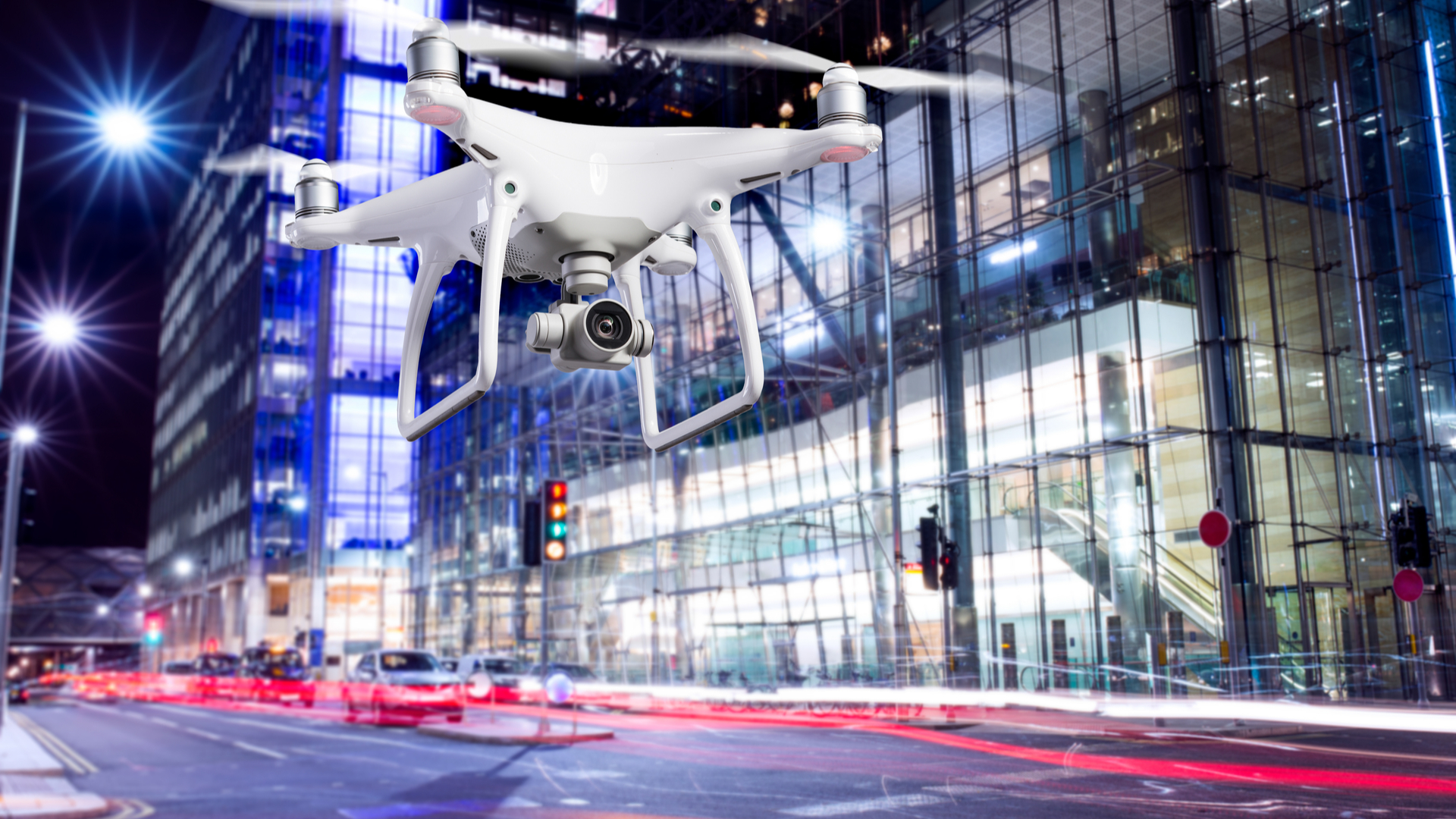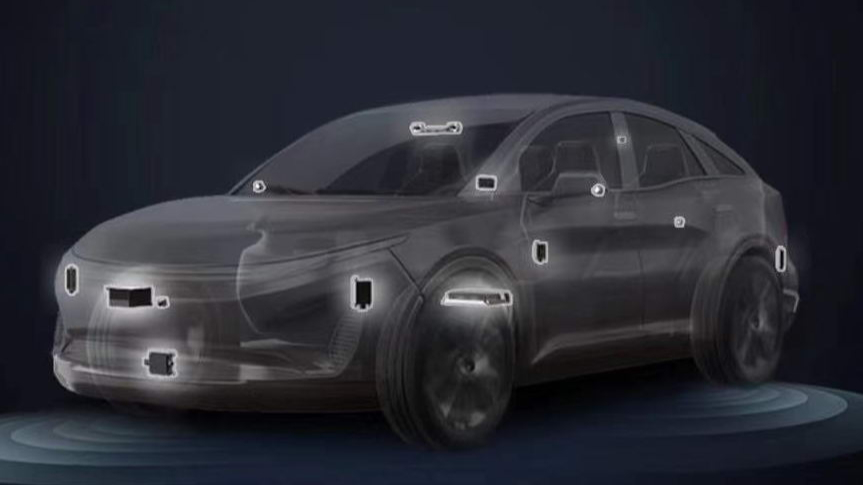
DJI has established itself as the biggest name in drone technology in recent years – but it could be about to lend its expertise to a very different industry.
As reported by Drone DJ, potentially leaked promotional material seems to imply the Chinese company has plans to supply sensors for self-driving cars.
The image was shared on Twitter by seasoned DJI leaker Kanzhaji, and corroborates previous reports published by Reuters which suggest DJI has already begun building an engineering team to work on autonomous driving technology.
- DJI announces major launch event
- Everything we know about the DJI Air 2S
- Check out our review of the DJI Mavic Air 2
While it’s worth taking any supposedly leaked marketing material with a generous pinch of salt, DJI’s years of experience in developing imaging technology for its drones make it a prime candidate to enter the world of self-driving cars.
The image hints at some of the many areas where DJI could lend its expertise in the automotive industry, including in the development of technology for 360 degree vehicle-based cameras, blind-spot monitoring and LiDAR (or 'Light Detection and Ranging') scanners – the lasers used to judge depth and distance.

In fact, some of DJI’s drone products already utilise small-scale variations of these same technologies – the obstacle sensors on the DJI Mavic Air 2, for example – so it follows that the company might be looking to further stamp its authority in this area of tech.
Another Chinese tech blogger recently made reference to a ‘DJI Automotive’ brand name on their Geekpark forum – which could represent the off-shoot of the company directing its efforts towards self-driving cars – and also suggested we could hear more news on the company’s plans at the upcoming Shanghai Auto Show in April.
Get daily insight, inspiration and deals in your inbox
Sign up for breaking news, reviews, opinion, top tech deals, and more.
Right now, of course, this is all just speculation, but we’ve approached DJI for comment and will update this article when we hear back.
Made in China
If accurate, DJI’s decision to enter the autonomous vehicle industry comes at a time when the electric vehicle market in its country of origin, China, is growing rapidly (the Hongguang Mini EV, for example, is outselling Tesla two to one).
Though electric vehicles are quite different to self-driving equivalents, the national shift towards embracing new automotive technologies suggests China could become one of the first countries to crack the code for fully-autonomous vehicles.
DJI isn’t alone, either, in its willingness to branch out into the automotive industry, despite being a manufacturer of domestic gadgets. Chinese mobile manufacturer Xiaomi recently announced its EV ambitions, while Huawei, too, is said to be developing its own automotive arm – also with a focus on self-driving sensors.
The point being, the landscape is changing for tech companies capable of juggling multiple industries – especially in China. DJI marks the latest name on a long list of brands that have identified the world of cars as a potentially profitable area of business, and it’s a company capable of making a genuine impact given its pre-existing familiarity with drone technology.
It’s worth noting that the aforementioned Reuters report does suggest that DJI sources spoke on condition of anonymity, suggesting an unwillingness on the part of the company to admit its bold new vision – at this point in time, at least.
It doesn’t seem likely to be able to contain such rumors forever, though, so we could see an official statement of intent from DJI in the near future.
- Everything we know about the Apple Car
Via Drone DJ

Axel is TechRadar's UK-based Phones Editor, reporting on everything from the latest Apple developments to newest AI breakthroughs as part of the site's Mobile Computing vertical. Having previously written for publications including Esquire and FourFourTwo, Axel is well-versed in the applications of technology beyond the desktop, and his coverage extends from general reporting and analysis to in-depth interviews and opinion. Axel studied for a degree in English Literature at the University of Warwick before joining TechRadar in 2020, where he then earned an NCTJ qualification as part of the company’s inaugural digital training scheme.